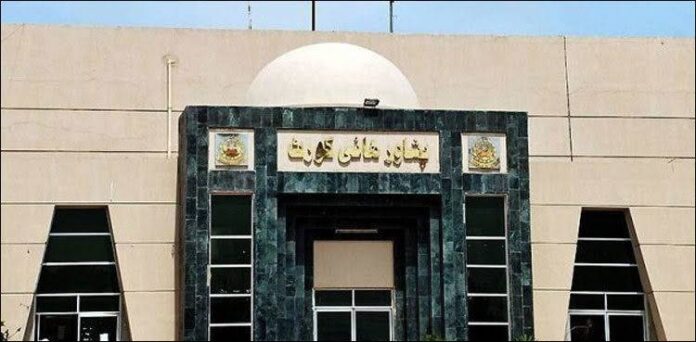In a landmark ruling, the Peshawar High Court (PHC) has halted the deportation of over 170 Afghan artists and transgender persons seeking asylum in Pakistan, directing the federal government to decide their cases within two months. The court emphasized adherence to the principle of non-refoulement, ensuring protection for those who face persecution if returned to Taliban-controlled Afghanistan.
A two-member bench comprising Justice Syed Arshad Ali and Justice Waqar Ahmad issued the verdict, highlighting the dire circumstances of the petitioners. The court instructed the federal and provincial law enforcement agencies not to act against the petitioners during this period. It also allowed the asylum seekers to approach the United Nations High Commissioner for Refugees (UNHCR) for assistance and recommendations.
The petitioners include 157 Afghan artists and singers, as well as 17 transgender people who fled Afghanistan after the Taliban imposed strict restrictions on artistic expression and LGBTQ+ rights. Their legal representatives said that returning to Afghanistan would risk their lives since the Taliban had openly announced its opposition to artists and transgender individuals.
The main petition was filed on behalf of 157 Afghan musicians and singers by Hashmatullah Omed, Rafi Hanif, and Hameed Shahdai, while another petition came from Ahmad Anwari alias Hooria and 16 other transgender persons.
Many petitioners shared heartbreaking stories about fleeing their homes with their families, quitting their jobs, and seeking safety in Pakistan. They claimed to have been harassed and threatened with forceful deportation in Pakistan, which they said violated their human rights. They argued that the Pakistani government cannot forcefully deport individuals under international law, and they filed a lawsuit with the Peshawar High Court to stop these actions.
The PHC instructed the federal government or a designated authority to review asylum applications within 60 days. Until a ruling was made, the court ruled that the petitioners should not be forced to leave Pakistan. Suppose the cases fail to be resolved within the specified time range. In that case, the interior secretary is expected to offer interim authorization for the petitioners to remain in the country under a policy framework.
The court further stated that international agreements, to which Pakistan is a member, bind the government to protect vulnerable persons under the principle of non-refoulement. This principle prohibits the deportation of individuals to a country where they may face persecution, torture, or inhumane treatment.
Advocate Mumtaz Ahmad defended the petitioners, arguing that forcefully deporting them would be a violation of their fundamental human rights and international law. Aamir Javed, a senior lawyer and former advocate general, additionally served as an amicus curiae, offering legal expertise in light of international and national laws.
The court’s ruling is a huge success for human rights advocacy in Pakistan, protecting the safety of asylum seekers who have no secure place to return.
The court permitted the petitioners to file for asylum directly with the UNHCR, which might then refer their cases to the federal government. This step emphasizes the necessity of international collaboration in dealing with refugee problems and protecting human rights.
Although Pakistan is not a signatory to International Refugee law but under multilateral agreements, Pakistan cooperates with other states and UNHCR in extending
protection to Afghan refugees and enhancing their resilience for facilitating voluntary return and sustainable reintegration in Afghanistan.
In doing so, Pakistan has an opportunity to position itself as a regional leader in responding to refugee crises with humanity and responsibility. This moment could serve as a turning point for developing more robust frameworks for refugee protection, reflecting the nation’s long-standing tradition of hospitality and solidarity with its neighbors in need.




